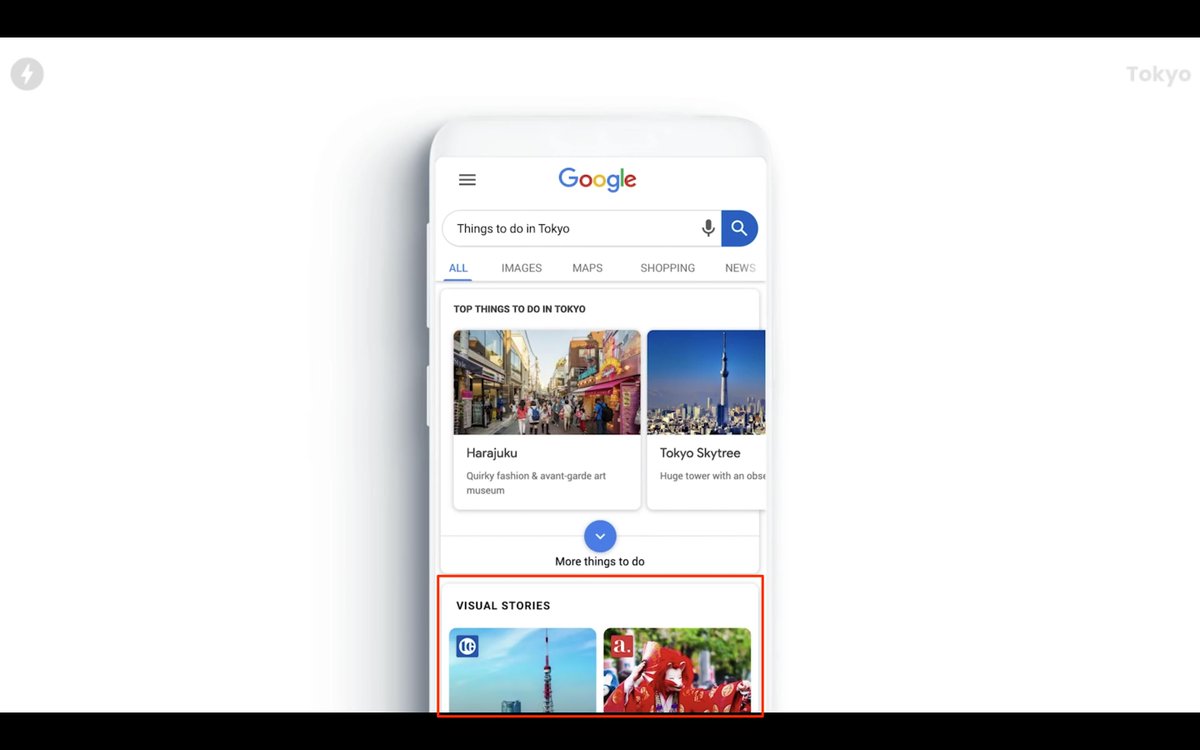Tracing the Origins of Congressional Democrats' 'Obstruction' Strategy
theepochtimes.com/tracing-the-or…
Also a nod & h/t to @willchamberlain
Links to articles from both will follow.
Thanks to @JasperFakkert for all his suggestions & edit work on this one.
However, the public narrative of obstruction actually originated prior to Mueller's Report.
Mueller’s report dedicates a full section to defending the use of Section 1512.
The article was written approximately two weeks after Mueller was first appointed as special counsel.
lawfareblog.com/does-fbi-inves…
The Brookings report, which was brought to my attention and initially covered in an article by @Joestradamus91, made Section 1512 a primary focus from an early start.
philantropyinthemaking.com/2019/05/06/fab…
They followed up with a 177 page 2nd Edition on Aug. 22, 2018 which also came with a lengthy 200 page appendix.
brookings.edu/wp-content/upl…
@realDonaldTrump was told on three separate occasions by Dir Comey that he was not personally under investigation by the FBI.
Therefore, Trump could not obstruct an investigation of himself if he didn't know there was an investigation to begin with.
They were appointed in advance of the April 18 release of the Mueller report.
judiciary.house.gov/news/press-rel…
Section 1505, the standard for obstruction, is mentioned in the letters 39 times. Section 1512 is not mentioned once.
On June 8, 2018, William Barr, now the Attorney General but then a lawyer in private practice, sent a lengthy memo to DAG Rosenstein and AAG Steve Engel.
justsecurity.org/wp-content/upl…
Unlike the president’s lawyers, Barr predicted the use of Section 1512, noting, “It appears Mueller is relying on 18 U.S.C. § 1512.
humanevents.com/2019/05/01/che…
“Simply by giving direction on a case, or class of cases, an official opens himself to the charge that he has acted with an "improper" motive and thus becomes subject to a criminal investigation.”
“The report itself points out that one of the likely motivations here was the president’s frustration with Comey saying something publicly and saying a different thing privately, and refusing to correct the record.”
/End









